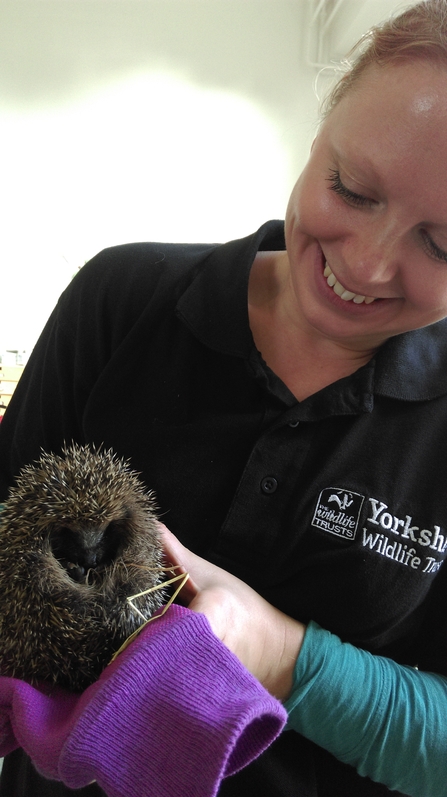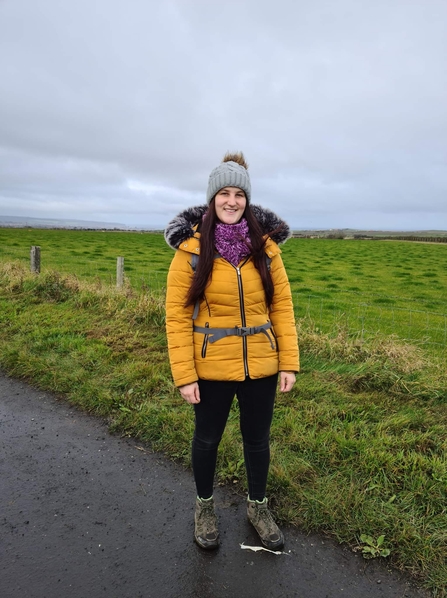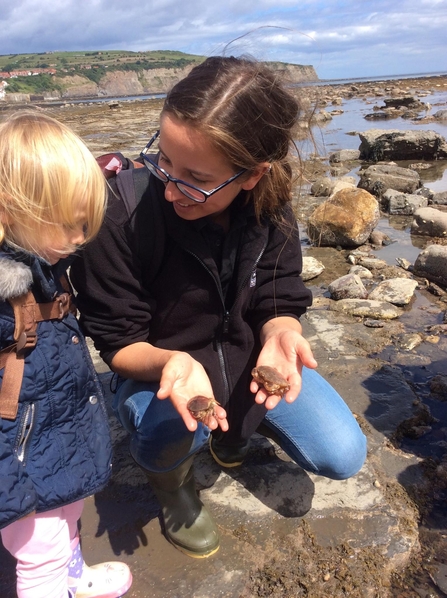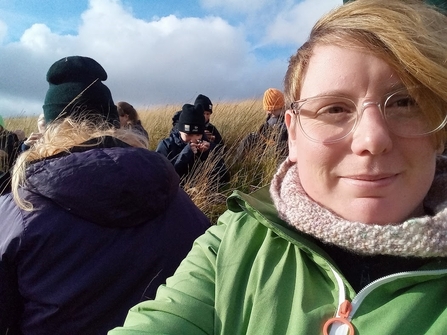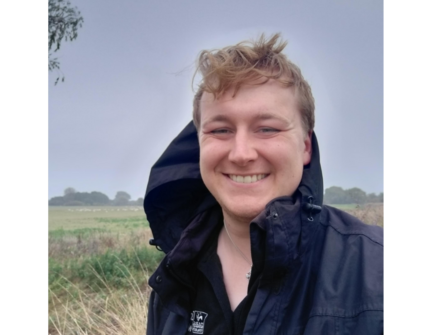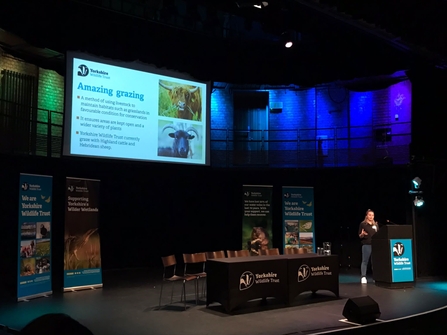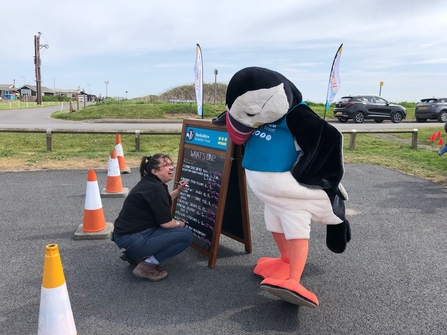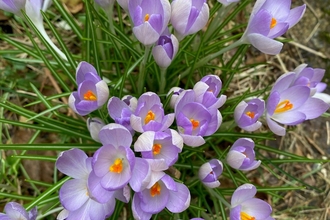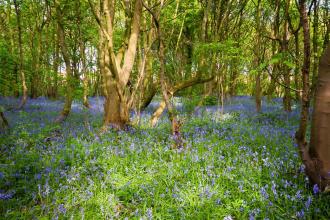7th-12th November 2022 has marked the first ever Green Careers Week – a week dedicated to informing and helping young people discover what nature-positive careers are available. This can be anything from working directly in conservation, forestry and countryside management, to data analysts, urban planners and green finance specialists.
According to a study by the University of Bath, around 60% of young people are ‘worried’ or ‘extremely worried’ about climate change so it’s an opportune time to highlight the amazing career pathways they can follow to and shape how we respond to a changing climate.
Throughout this week, Yorkshire Wildlife Trust will be promoting some of our staff and how they came to work for the Trust to inspire young people about what different roles there are in conservation and the breadth of work we do as an organisation! Read on to hear what some of our staff had to say...

